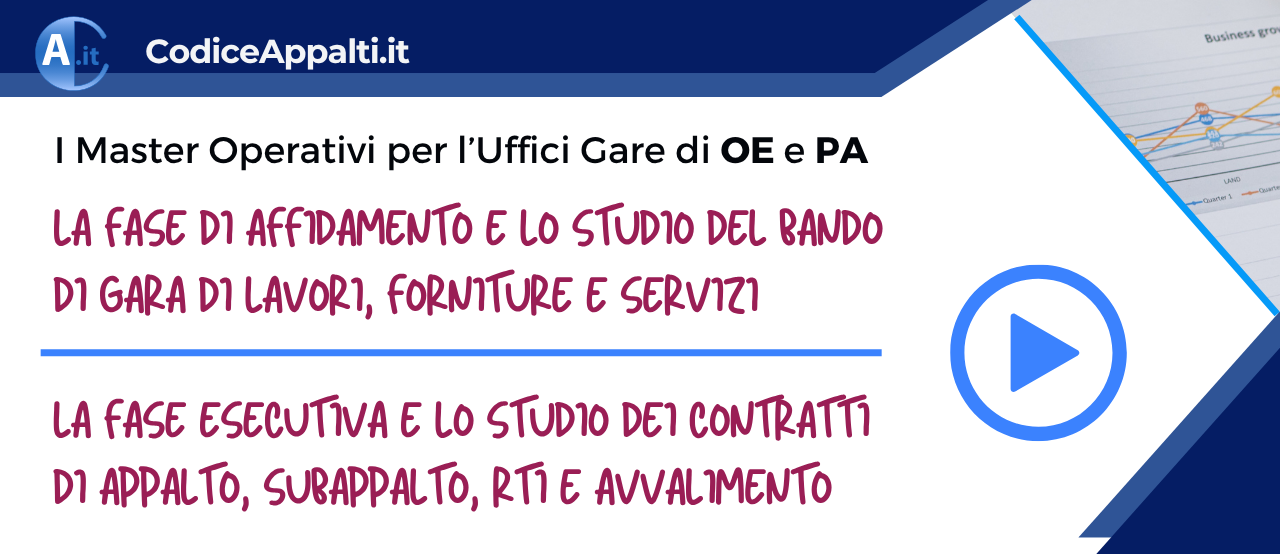Article 223. Ministry of Infrastructure and Transport and technical mission structure.
1. Within the scope of the functions referred to in Legislative Decree 30 July 1999, n. 300, the Ministry of Infrastructure and Transport promotes the technical and administrative activities necessary for the adequate and prompt planning and approval of the infrastructures and carries out, with the collaboration of the regions or autonomous provinces involved, the support activities necessary for supervision, to be part of the competent authority, on the construction of the infrastructures. 2. In carrying out the functions referred to in paragraph 1, the Ministry of Infrastructure and Transport bases its activity on the principle of loyal collaboration with the regions and autonomous provinces and with the local authorities concerned and acquires, in the cases indicated by law , the prior agreement of the regions or autonomous provinces involved. For the purposes referred to in paragraph 1, the Ministry of Infrastructure and Transport, in particular: a) promotes and receives proposals from the regions or autonomous provinces and other contracting bodies; b) promotes and proposes framework agreements between the Government and individual regions or autonomous provinces, for the purpose of joint coordination and creation of infrastructures; c) promotes the drafting of infrastructure feasibility projects by the contracting parties, also through any procedural agreements or agreements between the parties involved; d) provides, possibly in collaboration with the regions, autonomous provinces and other interested bodies with costs at their own expense, the support activities for the CIPESS for the supervision of the awarding activities by the contracting entities and the subsequent construction of the infrastructures and priority settlements for the development of the country referred to in article 39; e) where necessary, collaborates in the activities of the contracting authorities and the granting bodies or the bodies interested in the preliminary investigations with guidance and support actions; f) takes care of the investigation of the feasibility and definitive projects, also for the purposes of their submission to the deliberations of the CIPESS in the case of priority infrastructures and settlements for the development of the country referred to in article 39, proposing any requirements to the same for project approval; for works under the responsibility of the State, the opinion of the Superior Council of Public Works, or of other consultative bodies or commissions, where required by current regulations, is acquired on the technical-economic feasibility project; g) assigns to the contracting parties, from the funds referred to in article 39, the additional financial resources necessary for the project activities; in the case of infrastructures and priority settlements for the development of the country referred to in article 39, proposes, in agreement with the Ministry of Economy and Finance, to CIPESS the assignment to the contracting entities, at the expense of the funds, of the additional financial resources necessary for the construction of the infrastructures, at the same time as the approval of the technical-economic feasibility project and within the limits of available resources, giving priority to the completion of unfinished works; h) verifies the progress of the works also through technical-administrative inspections at the construction sites involved, after having accessed them; to this end, it can make use, where necessary, of the Guardia di Finanza, through the signing of specific memoranda of understanding and of the Service for High Supervision of major works established by decree of the Minister of Infrastructure and Transport of 15 April 2002, published in the Official Gazette of the Italian Republic n. 54 of 5 March 2004. 3. For strategic direction and planning, research, support and high level consultancy, evaluation, design review, monitoring and high surveillance activities of infrastructures, the Ministry of Infrastructure and Transport may make use of a structure mission technique composed of employees within the limits of the approved staff and managers of public administrations, of technicians identified by the regions or autonomous provinces territorially involved, as well as, on the basis of specific professional assignments or coordinated and continuous collaboration relationships, of designers and experts in management of public and private works and administrative procedures. The technical mission structure is established by decree of the Minister of Infrastructure and Transport. The structure can also make use of highly specialized and professional personnel, subject to selection, with fixed-term contracts lasting no more than five years, renewable only once, as well as advisors, from legally recognized state and non-state universities, from research and companies specialized in the design and management of public and private works. The structure also carries out the functions of the public investment evaluation and verification unit, provided for by article 1 of law no. 17 May 1999. 144 and article 7 of the legislative decree of 29 December 2011, n. 228. 4. To facilitate, from the beginning of the preliminary investigation phase, the creation of priority infrastructures and settlements, the Minister of Infrastructure and Transport, after consulting the competent Ministers, as well as the Presidents of the regions or autonomous provinces involved, proposes to the President of the Council of Ministers the appointment of extraordinary commissioners, who follow the progress of the works and provide appropriate guidance and support actions, also promoting activities to prevent the onset of conflicts and disputes, also with reference to the needs of local communities, as well as the necessary agreements between the public and private entities involved. In carrying out the aforementioned activities, and in the case of particular complexity of the same, the extraordinary commissioner may be supported by a sub-commissioner, appointed by the President of the Council of Ministers, upon proposal of the Presidents of the regions or autonomous provinces territorially involved, with charges at the expense of the proposing regions or autonomous provinces or from the resources referred to in paragraph 8. For works not having an interregional or international character, the proposal for the appointment of the extraordinary commissioner is formulated in agreement with the region or autonomous province or the the territorial body concerned. 5. The costs for the functioning of the technical mission structure referred to in paragraph 3 are covered by the funds referred to in article 1, paragraph 238, of law 30 December 2004, n. 311, as well as on the resources assigned annually to the Ministry of Infrastructure and Transport pursuant to law no. 144 of 1999. 6. The President of the Council of Ministers, upon proposal of the Minister of Infrastructure and Transport, having consulted the competent Ministers as well as, for the infrastructures under the responsibility of the regional contracting entities, the presidents of the regions or autonomous provinces involved, authorizes possibly the extraordinary commissioners to adopt, with the methods and powers referred to in article 13 of the legislative decree of 25 March 1997, n. 67, converted, with amendments, by law 23 May 1997, n. 135, in place of the competent subjects, the provisions and acts of any nature necessary for the prompt planning, investigation, assignment and construction of the infrastructures and production facilities. 7. The extraordinary commissioners act autonomously and with the aim of guaranteeing the public interest and report to the Prime Minister, the Minister of Infrastructure and Transport and CIPESS regarding the problems encountered and the initiatives taken and operate according to the directives given by them and with the support of the Ministry of Infrastructure and Transport, and , where existing, of the mission's technical structure and advisors, acquiring, through them, any necessary studies and opinions. Within the limits of the costs authorized pursuant to paragraph 8, the extraordinary commissioners and sub-commissioners make use of the structure referred to in paragraph 3, as well as the competent regional structures and may avail themselves of the support and collaboration of third parties. 8. The decree of the President of the Council of Ministers appointing the extraordinary commissioner identifies the compensation and costs pertinent to the activities to be carried out by the same, as well as the methods of payment of the same from the resources of the economic framework of each intervention, within the limits of the sums allocated for this purpose . 9. To the commissioners appointed pursuant to article 20 of the legislative decree of 29 November 2008, n. 185, converted, with amendments, by law 28 January 2009, n. 2, for the works referred to in this article the provisions of paragraphs 4 to 8 apply. 10. The Ministry of Infrastructure and Transport ensures, also through the Public Contracts Service platform, support and assistance necessary for the contracting authorities for the application of the sector regulations, in collaboration with the regions and autonomous provinces of Trento and Bolzano as part of the activities that they carry out pursuant to the code. EFFECTIVE FROM: 1 July 2023 PART III - TRANSITIONAL, COORDINATION AND REPEAL PROVISIONSRelazione
REPORT
Article 223 defines the role and responsibilities of the Ministry of Infrastructure and Transport, borrowing the provisions already contained in article 214 of Legislative Decree no. 50 of 201...
Commento
NEW
• Article 223 defines the role and responsibilities of the Ministry of Infrastructure and Transport, borrowing the provisions already contained in article 214 of Legislative Decree no. 50 of 2016...
Condividi questo contenuto:






